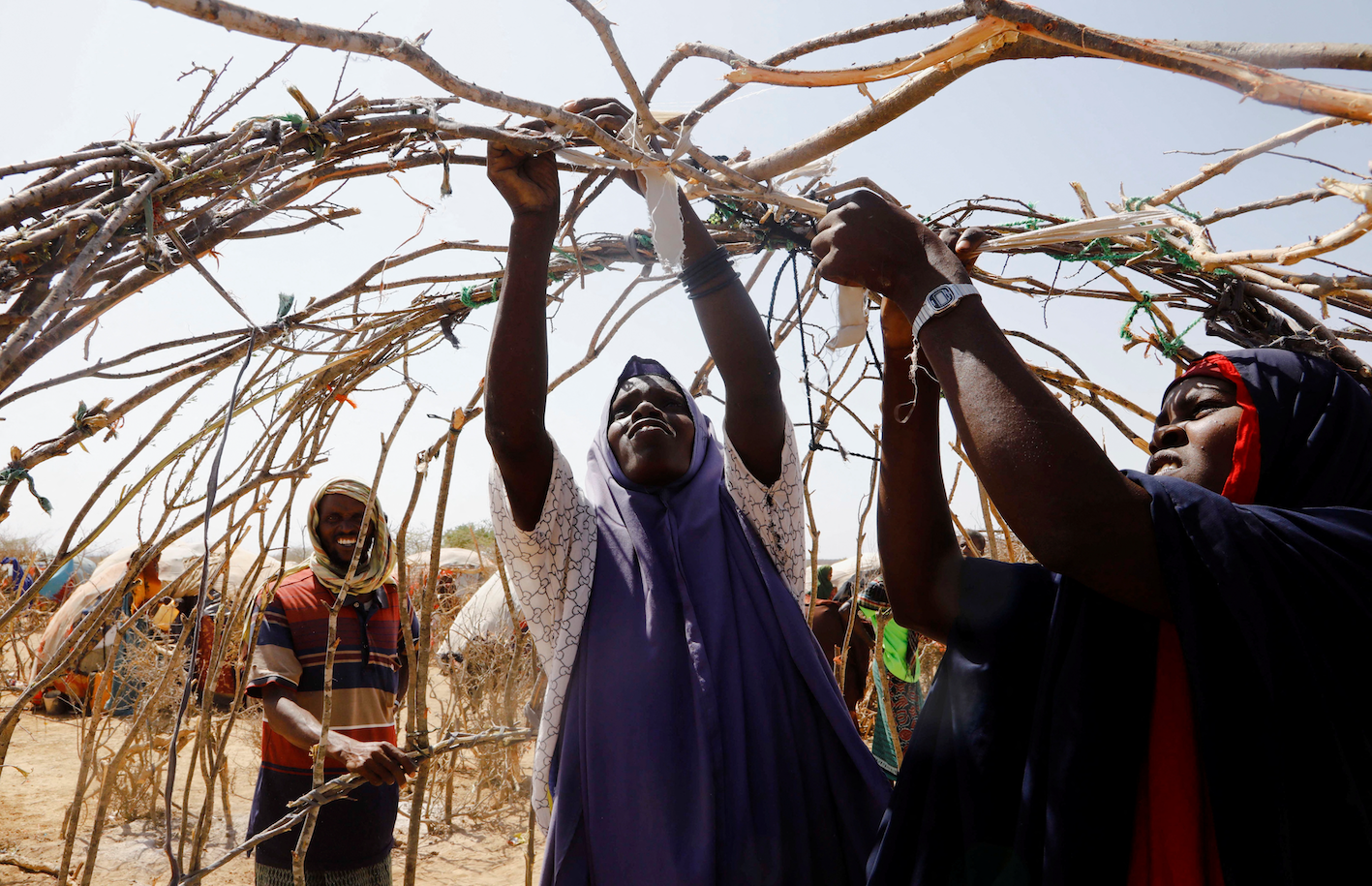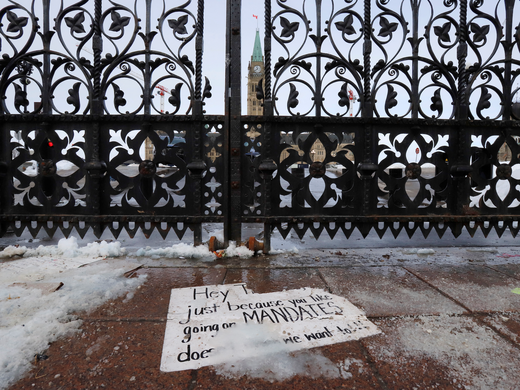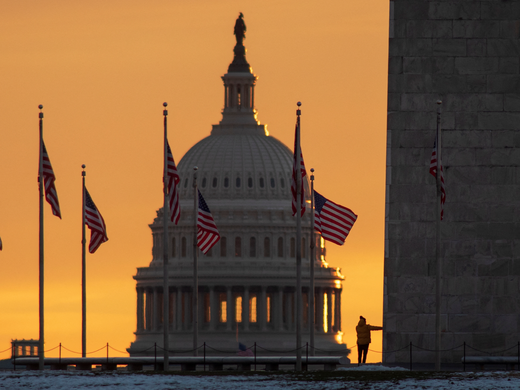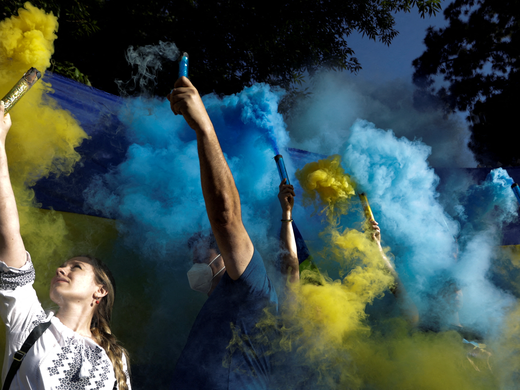The grotesquery that is Vladimir Putin’s war on Ukraine will dominate global discourse for the foreseeable future. That is as it should be. When the house is burning, drop everything to douse the fire. This invasion is already a catastrophe for the people of Ukraine and a disaster for Russians. It has the potential to become a calamity for the world.
There is a worrying possibility here, though, that two years into a pandemic, as leaders grapple with this latest mortal threat to human security, they will fail to address other problems that can lead to even more acute outcomes. No one who paid attention to the aftermath of the 2003 US invasion of Iraq, also a war of choice, can fail to see the cascade of consequences leading from then to now. Grim though the outlook may be, it can always get worse.
Among the cluster of risks, three stand out: climate, trade and the digital commons.
On climate, the Intergovernmental Panel on Climate Change’s Sixth Assessment Report dropped February 28, four days after Putin’s tanks rolled into Ukraine. Its findings, although no surprise, are dire. Half the globe’s people already suffer from lack of water at some point in the year. One in three humans are vulnerable to heat stress, with the number projected to soar in coming decades. Flooding harms half a million more people with each passing year. Floods carry disease. And as impacts grow, ripples are becoming harder to anticipate or manage.
The report comprises the work of 270 authors from 67 countries. In its breadth, depth, sense of urgency and gravity, it is unlike any such report to date. Yet because it landed as a great power launched a war of conquest on a European democracy for the first time in more than 80 years, the reportage barely made it past a single news cycle. Diplomacy concerned with climate mitigation won’t be top of mind at a time when leaders are trying to prevent a nuclear exchange on the battlefield, or worse.
Second, trade. During his tenure as president, Donald Trump pulled the United States out of the Trans-Pacific Partnership and did his level best to fracture the North American Free Trade Agreement (NAFTA). The World Trade Organization, like the United Nations and the entire rules-based global system, faced unprecedented hostility from the country that had been its leading light. In surviving that rocky period, major global alliances and the trade agreements that weld them together appeared to have passed a critical test.
Yet here we are in 2022, and the United States remains outside the Pacific trade deal, by its own choice. NAFTA, although renegotiated to preserve free trade on the North American continent, now faces new Buy American policies, reaffirmed in President Joe Biden’s 2022 State of the Union address. Biden’s presidency holds immense advantages for people everywhere, compared with the alternative. But he is no free trader. The message of the pandemic has been that international supply chains are dangerous. That, combined with war in Europe and an unprecedented (and necessary) regime of trade sanctions against Russia, promises to offer the greatest shock to the global trading system since it was established following the Second World War. The international food supply, which faces an extraordinary crisis with the loss of Ukraine and Russia as major global suppliers of wheat, rests on trade.
Third, this shock to the global system comes at a moment of accelerating globalization in technology and communications. Indeed, the shock has occurred at least in part because of the nexus of social media disruption, propaganda, false “news,” foreign influence operations and cyber-meddling that has afflicted Western democracies, particularly the United States but also the United Kingdom and Canada, since early 2016. Putin helped Trump get elected with social media influence operations. It is a foregone conclusion that, had the latter still been president on February 24, there would be no common front among North Atlantic Treaty Organization allies in the face of Putin’s invasion.
Through the winter of 2021–2022, policy makers from Australia, the European Union, Canada and even some in the US Congress (that bastion of “free” speech at virtually any cost) were finally beginning to grapple seriously with the conjoined problems of disinformation, the collapse of the news-gathering model, radicalization and hyper-polarization, and the threats these pose to democracy. Cryptocurrency seemed the next big thing. The promise and problems of the metaverse and artificial intelligence appeared as innovations to be understood and developed so they bring more help than harm to civilization.
Does any of this work proceed, particularly internationally, as Ukrainian apartment blocks are bombed and democracies rush to bolster their militaries? The answer is that it must. Politicians will face great pressure to focus only on the war. This year, more than at any other time in modern memory, they must be able to solve multiple problems simultaneously.
This comment is co-published with ipolitics.ca.



